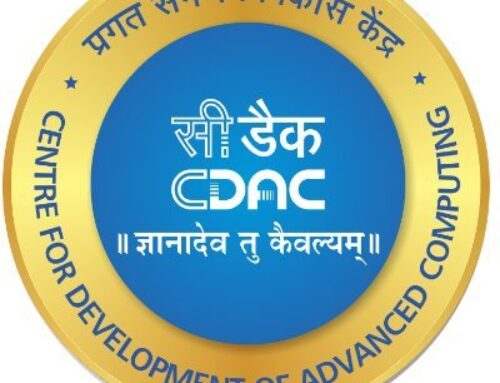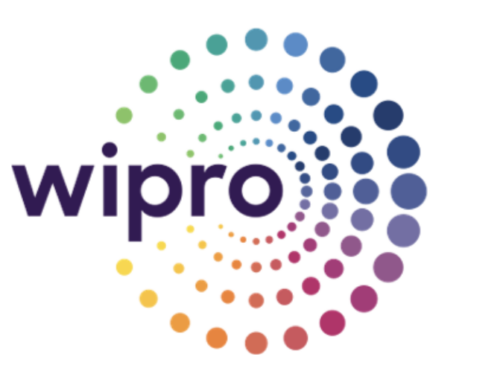Shoby Chummar, Founder and Creative Head, MIKADO Digital Design
When I founded Mikado, I had a clear vision to change the digital ecosystem and how we interact, work, and exchange value. Over the years, Mikado has built a strong reputation by working with great brands like Flipkart, Rapido, Jain, Eros Invest and Swiggy in many industries. Today, Mikado is a leader in digital innovation, focused on creating meaningful experiences through design, technology, and digital solutions. Our goal goes beyond just making digital products; we aim to change the traditional power structures that usually favour large platforms and institutions.
In today’s digital ecosystem, platforms like Uber, Upwork, and Airbnb have transformed industries, enabling millions of people to access work, services, and goods in ways that were previously impossible. Yet, there’s an inherent issue: these platforms act as intermediaries, taking a sizable chunk of value for themselves while offering little back to the creators and workers who power them.
The gig economy is experiencing substantial growth, with a McKinsey report indicating that over 36% of the workforce is now engaged in gig work. This trend is expected to continue, with projections estimating the freelance economy will be valued at more than $455 billion by 2027. Despite these promising figures, many workers encounter significant challenges, including job insecurity, fluctuating earnings, and minimal access to digital platforms. For example, platforms like Uber retain up to 30% of earnings as commission, leaving workers with limited influence over their working conditions and pricing.
This sparked an inspiring thought: what if we could create a platform that empowers people to work while guaranteeing fair compensation and ownership for their contributions, no matter where they are in the world? Imagine a decentralized space where individuals are not just users but owners and creators, with direct access to markets, clients, and opportunities. This vision is truly the essence of Mikado’s approach.
Why Decentralization Matters
Decentralization is not a novel concept, but in recent years, blockchain technology has emerged as a significant innovation, poised to transform numerous industries, including finance and supply chain management. However, despite the promise of decentralization, most everyday work platforms remain under central control, which continues to concentrate economic benefits at the top rather than distributing them more widely.
A decentralized model changes how we work. It allows people to control their own data, set their own terms, and interact directly with clients. This approach removes middlemen who take profits from the work of others.
To illustrate this point, Vitalik Buterin, the founder and CEO of “Ethereum”, told:
“Whereas most technologies tend to automate workers on the periphery doing menial tasks, blockchains automate away the center. Instead of putting the taxi driver out of a job, blockchain puts Uber out of a job and lets the taxi drivers work with the customer directly”.
This model creates a fairer economy. It ensures that those providing services—whether in IT, manual jobs, or selling products—own their work, decide their prices, and manage their own transactions. With blockchain technology, each transaction is secure, clear, and decentralized. This gives workers more control and confidence in their earnings.
The Global Workforce: Opportunities and Challenges
The global labour market is evolving, and it’s becoming increasingly evident that conventional employment models are failing to address the needs of today’s workers. Although many platforms have facilitated a new era of freelance and contract work, a significant lack of financial stability and worker rights remains.
Recent data on the gig economy highlights several ongoing concerns for workers in this sector. According to a 2023 survey, 37% of gig workers reported dissatisfaction with their pay, with 19% even experiencing food insecurity due to inadequate income. Additionally, 48% of gig workers feel their employment status hinders their access to essential benefits. Despite these challenges, many gig workers remain optimistic about the future.
As freelance and gig employment continues to expand, it is vital to reconsider how we provide support for these individuals—not only through improved wages but also by granting them the ability to own their platforms, manage their data, and retain the profits they rightfully earn.
Empowering Workers Through Control and Flexibility
What sets Mikado apart is its commitment to empowering individuals by utilizing decentralized technology. Workers should have the autonomy to determine their rates, negotiate their terms, and manage their business without being subject to a platform’s fees, rules, or infrastructure.
Imagine a freelance web developer in India collaborating on projects with a client in Germany, offering their services through a decentralized platform. The developer not only has complete control over their pricing and availability but can also secure their earnings in a blockchain-based wallet. This ensures that their income is protected from currency fluctuations and the fees typically associated with traditional platforms.
According to a survey by PwC, 77% of workers worldwide prefer to work through decentralized platforms that provide them with greater control over their work. This indicates a significant shift in the mindset of the modern worker, who increasingly values autonomy, flexibility, and ownership.
A Vision for the Future
Mikado aims to transform the future of work by creating a decentralized platform that allows individuals to showcase their professional skills, sell products, and connect with clients. This initiative empowers users to take charge of their success and provides them with access to global markets, fair pay, and control over their data and transactions. By focusing on freelancers, small businesses, and entrepreneurs—especially in developing countries—Mikado strives to bridge the opportunity gap and promote equitable access to opportunities that are often available only in more established markets.
At Mikado, we envision a future where platforms no longer dictate the terms of the relationship between creators and consumers. Instead, the people who create, offer services and make transactions are the ones in control.
Changing the Narrative
The beauty of decentralization is that it shifts the balance of power. It allows individuals to leverage their skillsets, sell their products to a global audience, and do so on their own terms. This is more than just a business model—it’s a shift in how we think about value, ownership, and fairness in the digital age.
The future is one where people, not platforms, are the driving force behind digital economies. By embracing this decentralized approach, we are opening up new opportunities for millions of people worldwide to reimagine their careers, build their businesses, and reclaim their independence.
At Mikado, we don’t just want to be another company building a tech platform. We want to be at the forefront of a movement—one that empowers individuals and Businesses, creates global opportunities, and builds a more equitable future for everyone. And this is just the beginning.







